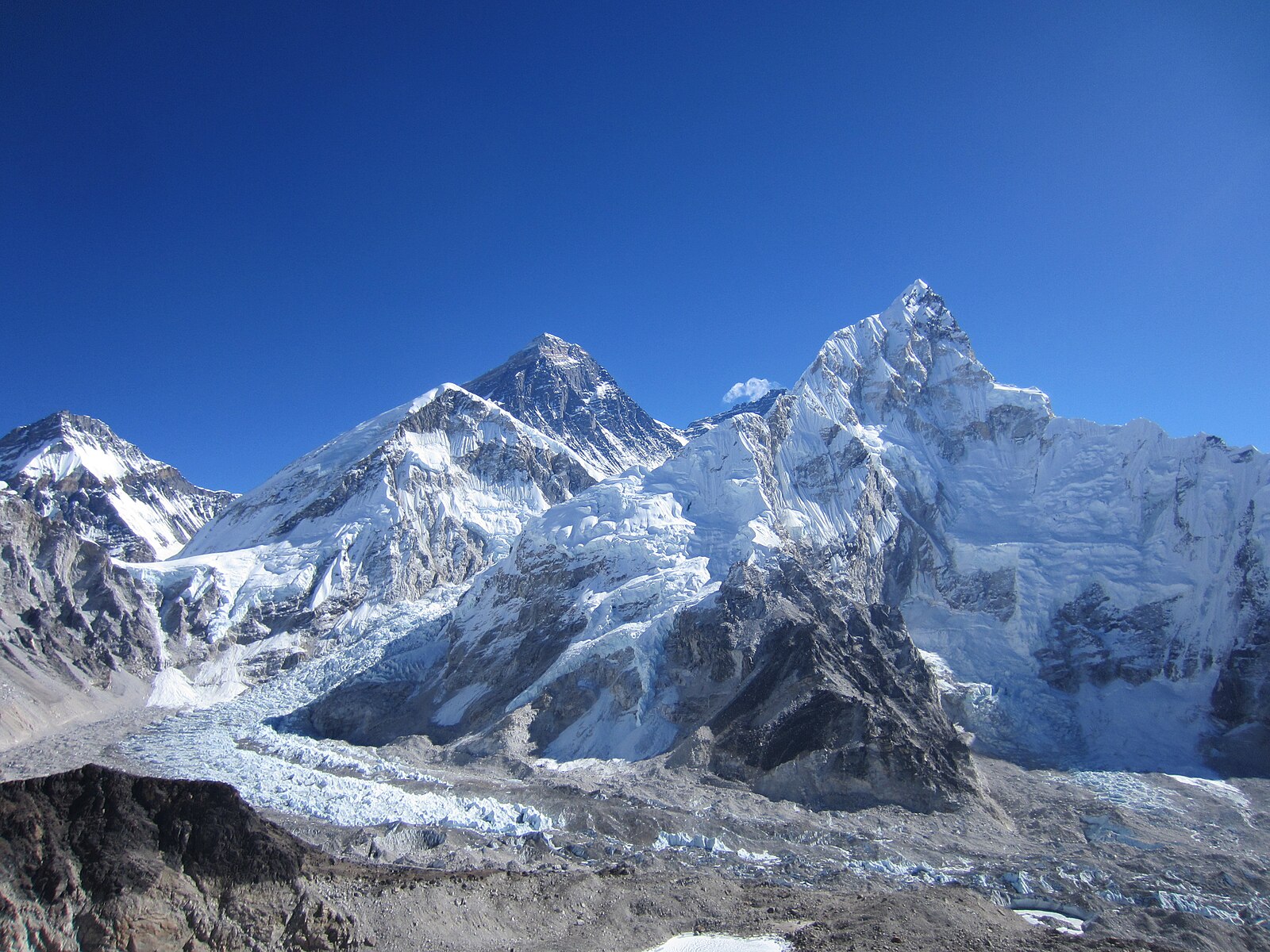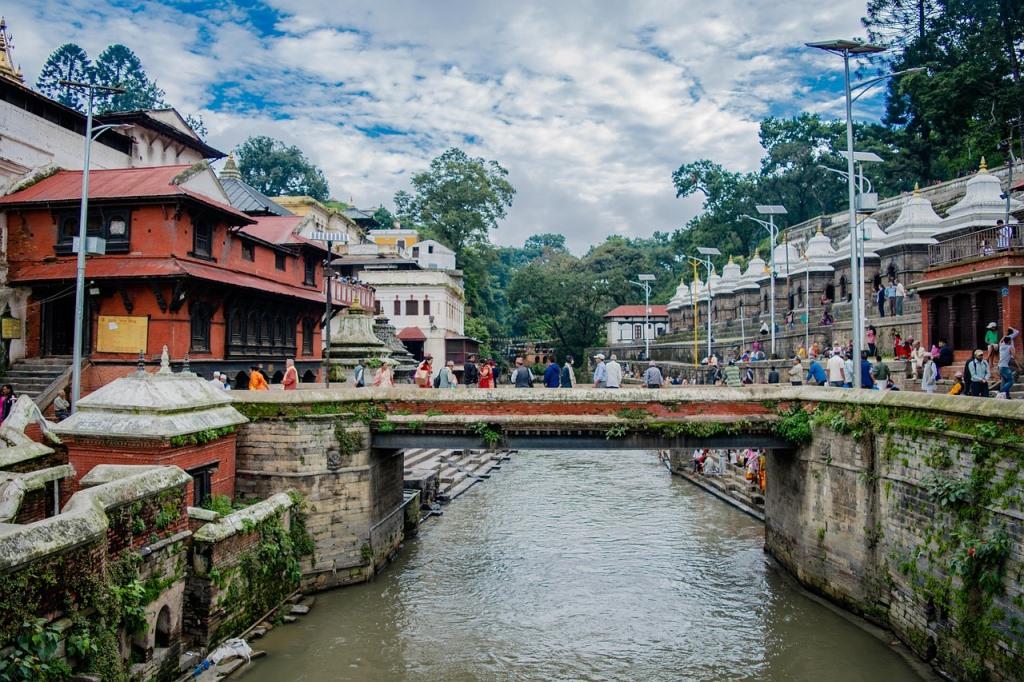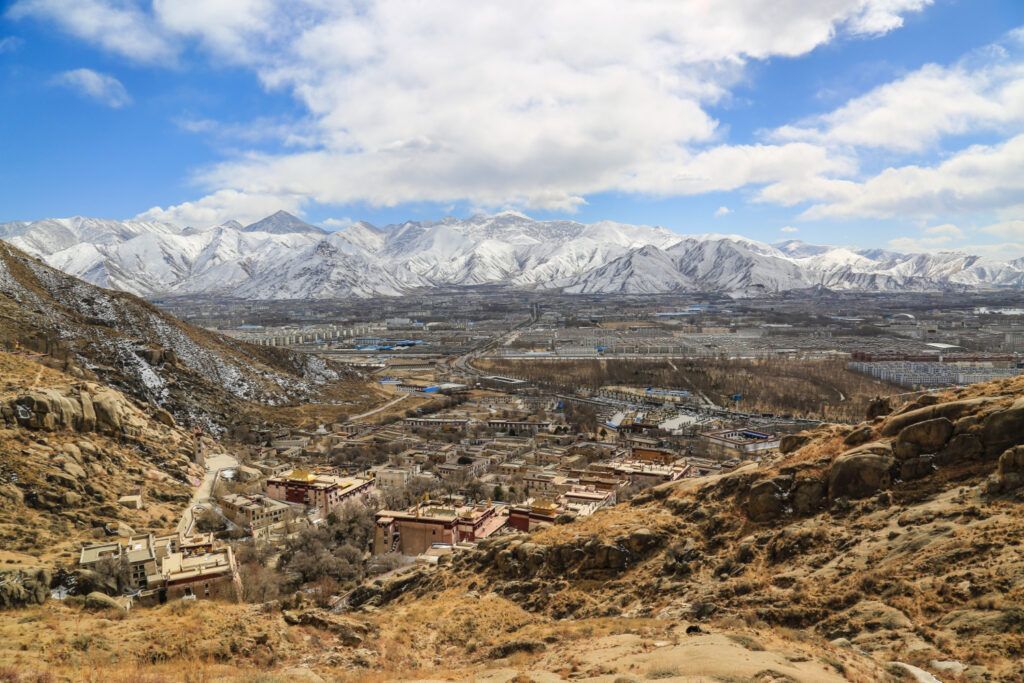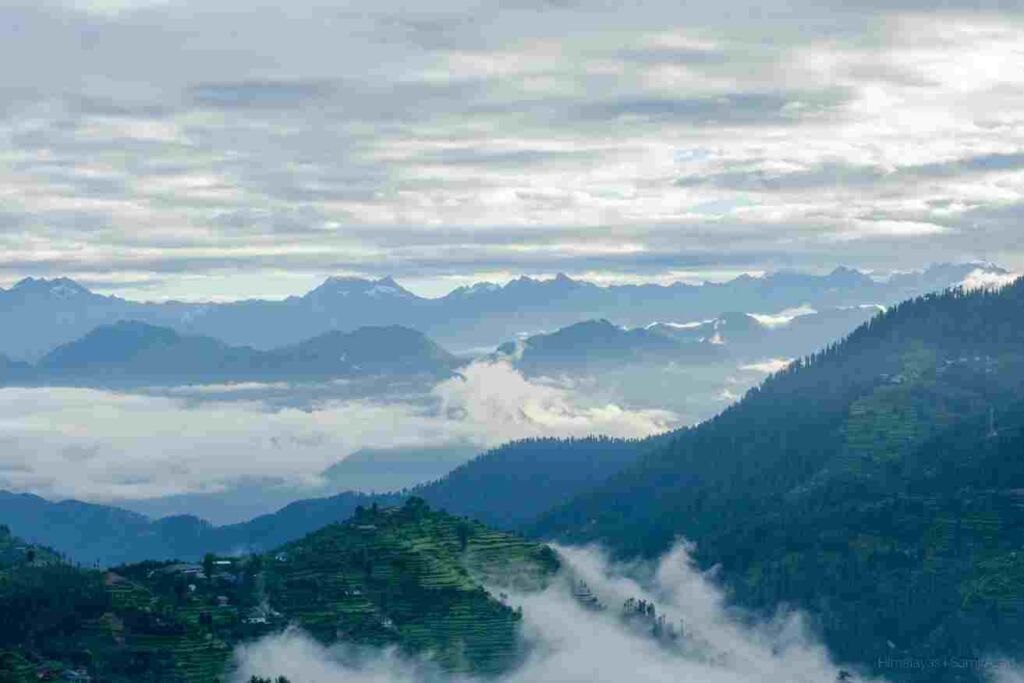Nepal enforces stricter rules for Everest climbers in 2025, requiring all applicants to prove they’ve successfully climbed at least one mountain over 7,000 meters in Nepal before being allowed to attempt the world’s highest peak. This new regulation is part of a broader effort by the Nepali government to improve safety, reduce overcrowding, and preserve the fragile environment of Mount Everest.
Nepal has long relied on mountaineering and trekking tourism as a major source of foreign income. However, it has also been widely criticized for allowing inexperienced climbers to attempt the dangerous Everest ascent. Each spring, images of long queues in the “Death Zone”—the high-altitude region just below the summit with dangerously low oxygen levels—spark concern among safety experts and environmentalists alike.
To address this, the government plans to introduce a law requiring climbers to present official certification of summiting a 7,000-meter or higher peak within Nepal. This rule is designed to ensure that those attempting Everest have the experience needed to deal with high-altitude challenges and unpredictable weather.
The proposed law includes several other measures to improve climbing standards. All expedition leaders, known locally as sardars, and the accompanying mountain guides must be Nepali citizens. This will help ensure that each group is led by someone familiar with the terrain and local safety protocols.
In addition, medical check-ups will become mandatory for climbers. Every applicant must submit a medical certificate from a government-approved hospital, issued within the last month. This step will help verify that climbers are physically fit to handle the extreme conditions found at high altitudes.
There are also new rules around ethics and logistics. Climbers will be required to declare in advance if they intend to break a world record during their Everest expedition. This move is intended to help authorities monitor riskier climbs more closely and prepare for emergencies. Permits will become non-transferable, meaning they cannot be sold or given to another person. However, if a climb is cancelled due to extreme events like natural disasters or political conflict, the paid permit will remain valid for up to two years.
These changes come shortly after Nepal significantly increased the Everest climbing fee earlier this year, signaling a shift toward more regulated and responsible tourism. By tightening the rules, Nepal aims to reduce accidents, protect Everest’s environment, and maintain its status as one of the world’s most iconic adventure destinations.







